
Timor Leste PM Dr Rui Maria de Araujo
Dili,11 Sya’ban 1437/20 May 2016 (MINA) – Timor Leste is struggling to assert its sovereignty due to the difficulties in establishing permanent maritime boundaries with Indonesia and Australia, said the Prime Minister of the Republic Democratic of Timor Leste Thursday.
“As of today, Timor Leste does not have permanent boundaries with neighbouring countries. This is a source of deep uncertainty and means that our historic struggle for sovereignty continues,” said Dr Rui Maria de Araujo during an international conference on maritime boundaries and the law of the sea in Dili yesterday.
The conference aimed to discuss current and emerging maritime boundary issues between the countries, Brunei Times was quoted by Mi’raj Islami News Agency (MINA) as reporting.
In his speech, the PM said Indonesia and Timor Leste had agreed to position the boundary in accordance with international law.
Also Read: Indonesia to Build “Hajj Village” in Saudi Arabia for 200,000 Pilgrims
“Regrettably, Australia has so far been unwilling to engage with us and continues to stand behind provisional arrangements that do not conform to international law,” said the PM.
He said that two months before the country gained independence, Australia withdrew from the maritime boundary jurisdiction of the International Tribunal for the Law of the Sea, the International Court of Justice, and other maritime boundary dispute settlement mechanisms.
“This means that our maritime boundaries can only be set through bilateral negotiations and we (are unable) to resort to international courts or tribunals to resolve our issues.”
According to the PM, the country was left no choice but to initiate compulsory conciliation under the United Nations Convention on the Law of the Sea.
Also Read: President Prabowo Appoints 11 New Ambassadors to Strengthen Indonesia’s Global Diplomacy
“This procedure can be used when no agreement is reached between neighbouring states and one state has made a declaration excluding the jurisdiction of binding dispute settlement bodies on maritime boundaries.”
He explained that many Timorese depend on the oceans for sustenance and livelihood through fishing and harvesting marine species, and that establishing boundaries will grant the people secure access to their seas and the natural wealth beneath the waters.
“Our pristine reefs and underwater cliffs attract international tourists, and more importantly, we are developing our petroleum industry and attracting investors on the basis of vast reserves of oil and gas under the seabed off the southern coast,” he said.
“It is critically important for the people of Timor Leste to achieve recognition of our rights to the sea under international law. For us, resolution of the issues about our maritime territory and the resources to which we are entitled is the key to achieving control over our future.” (T/R07/R01)
Also Read: Governor Pramono Anung Rejects Presence of Israeli Athletes in Jakarta
Mi’raj islamic News Agency (MINA)






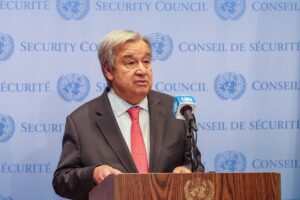





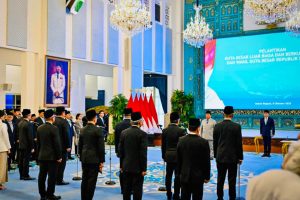











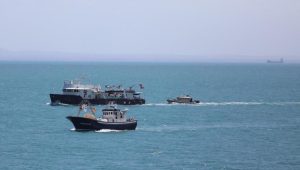



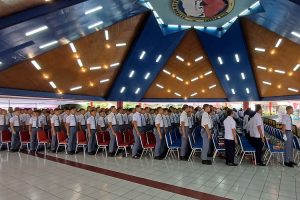
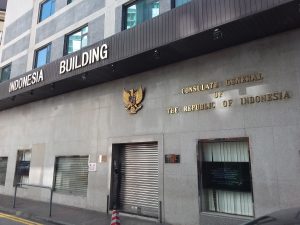
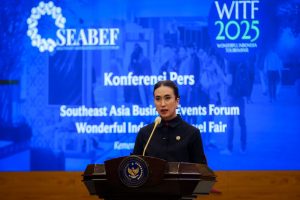




 Mina Indonesia
Mina Indonesia Mina Arabic
Mina Arabic